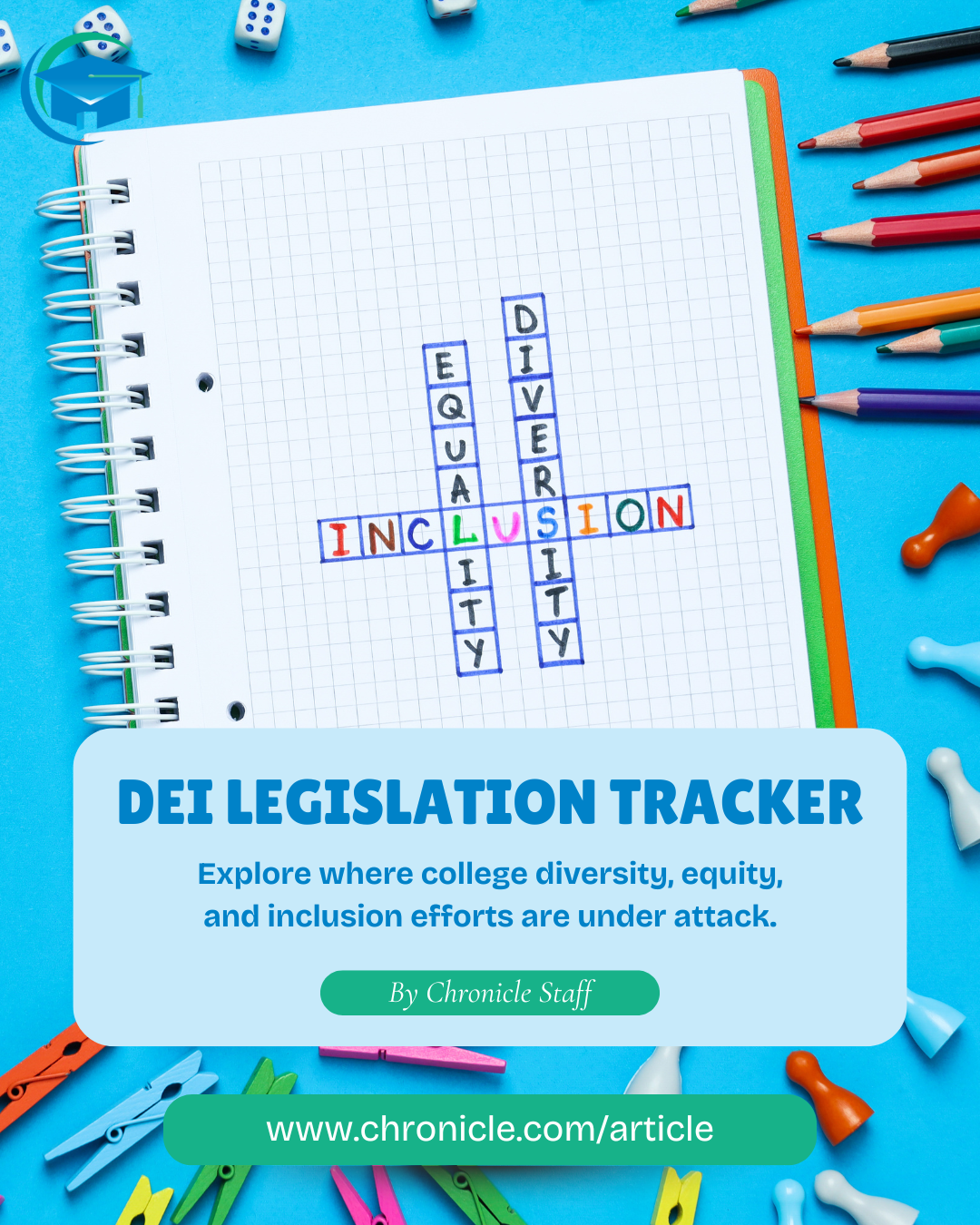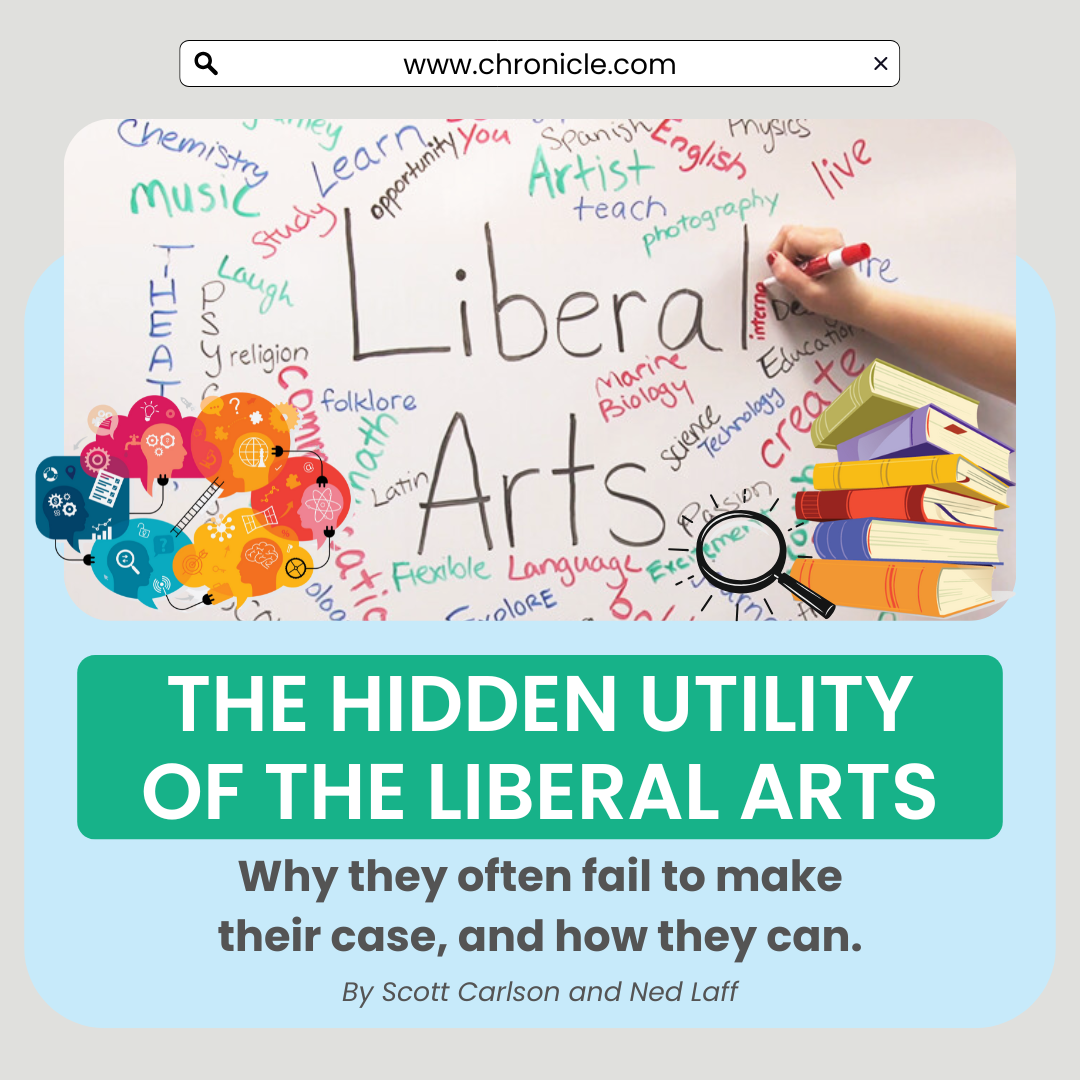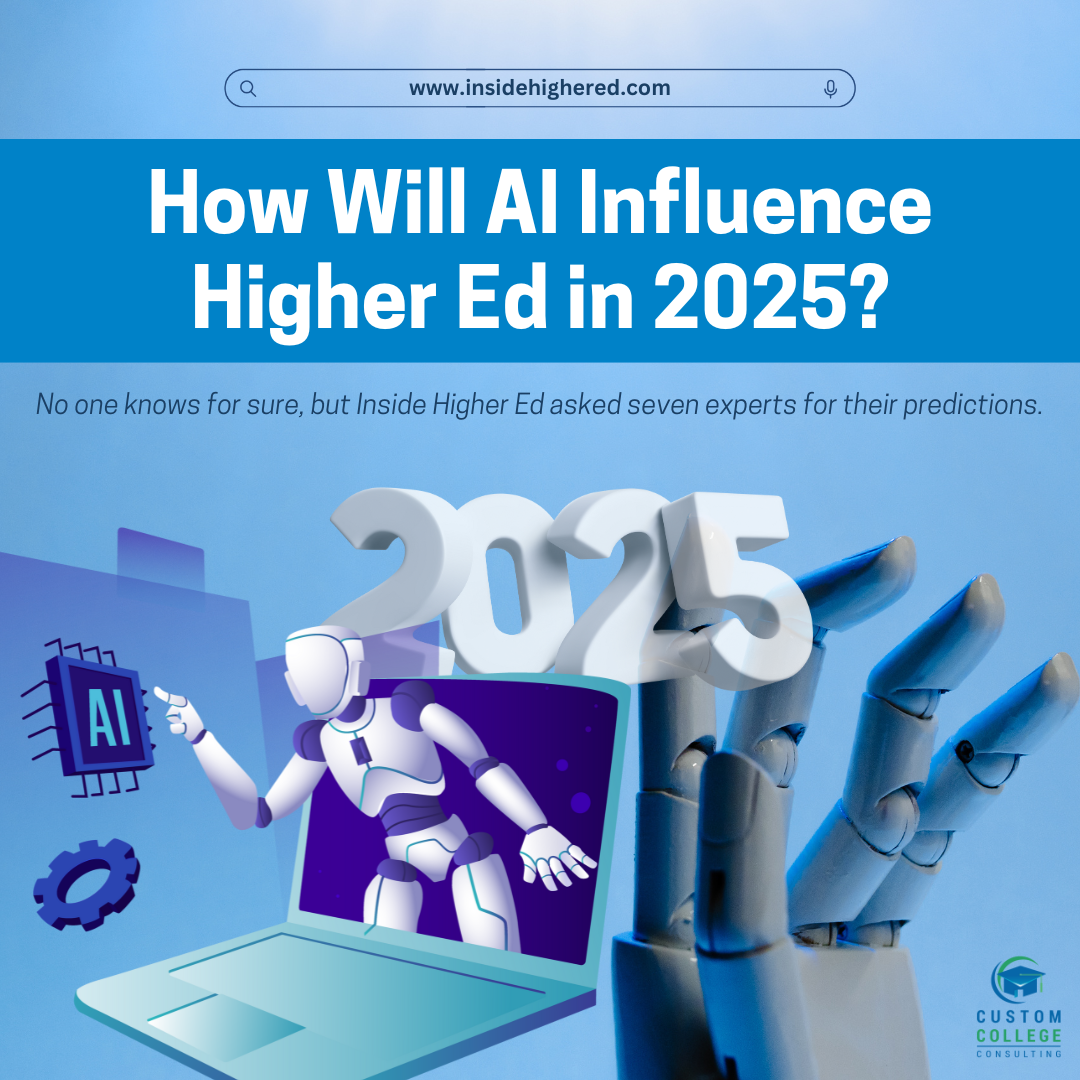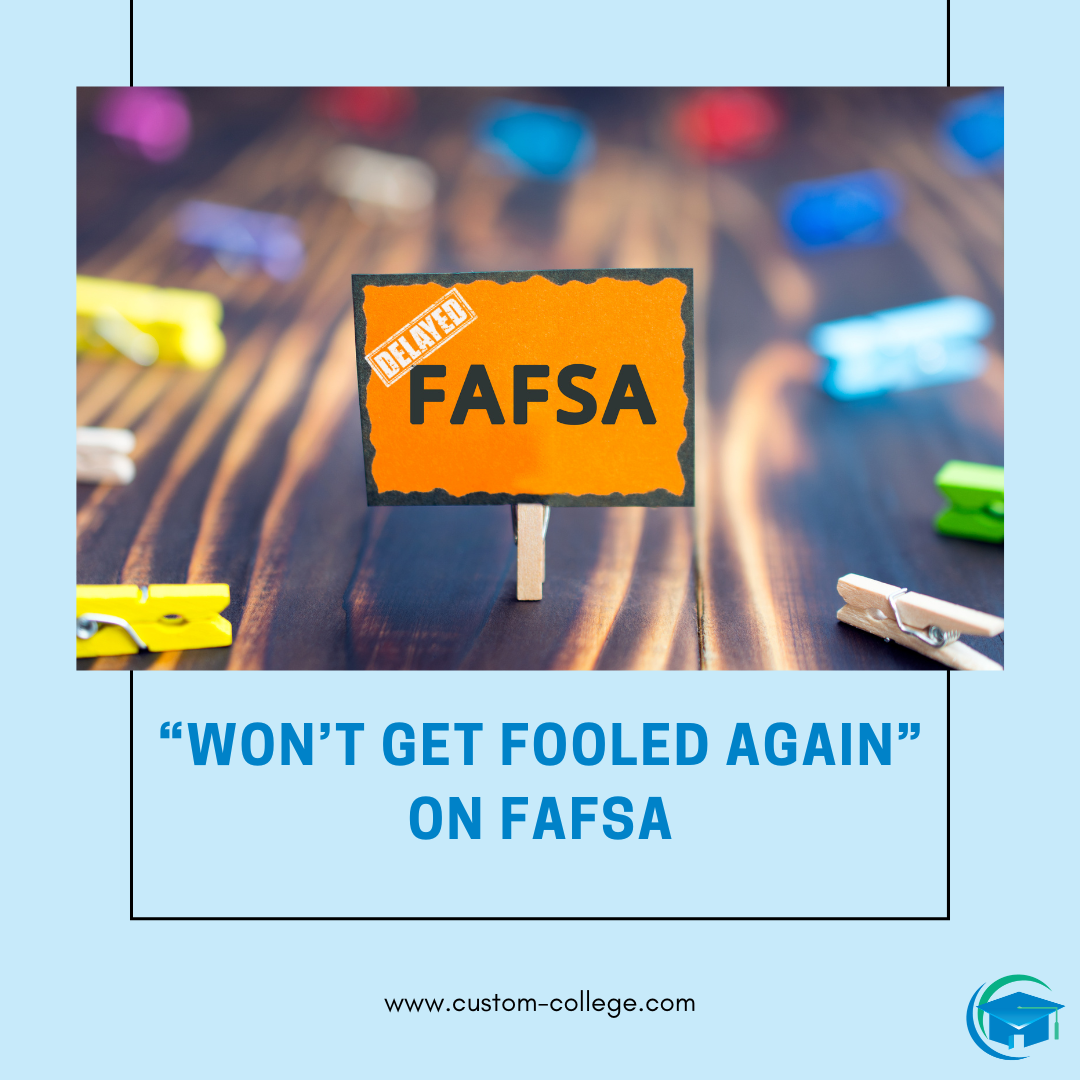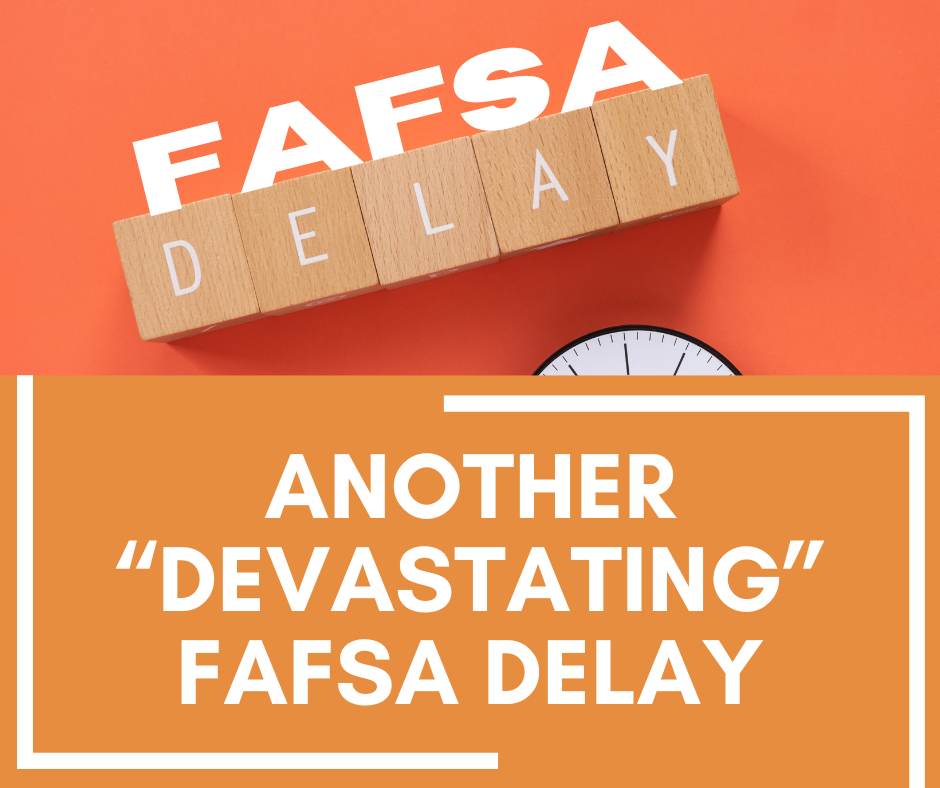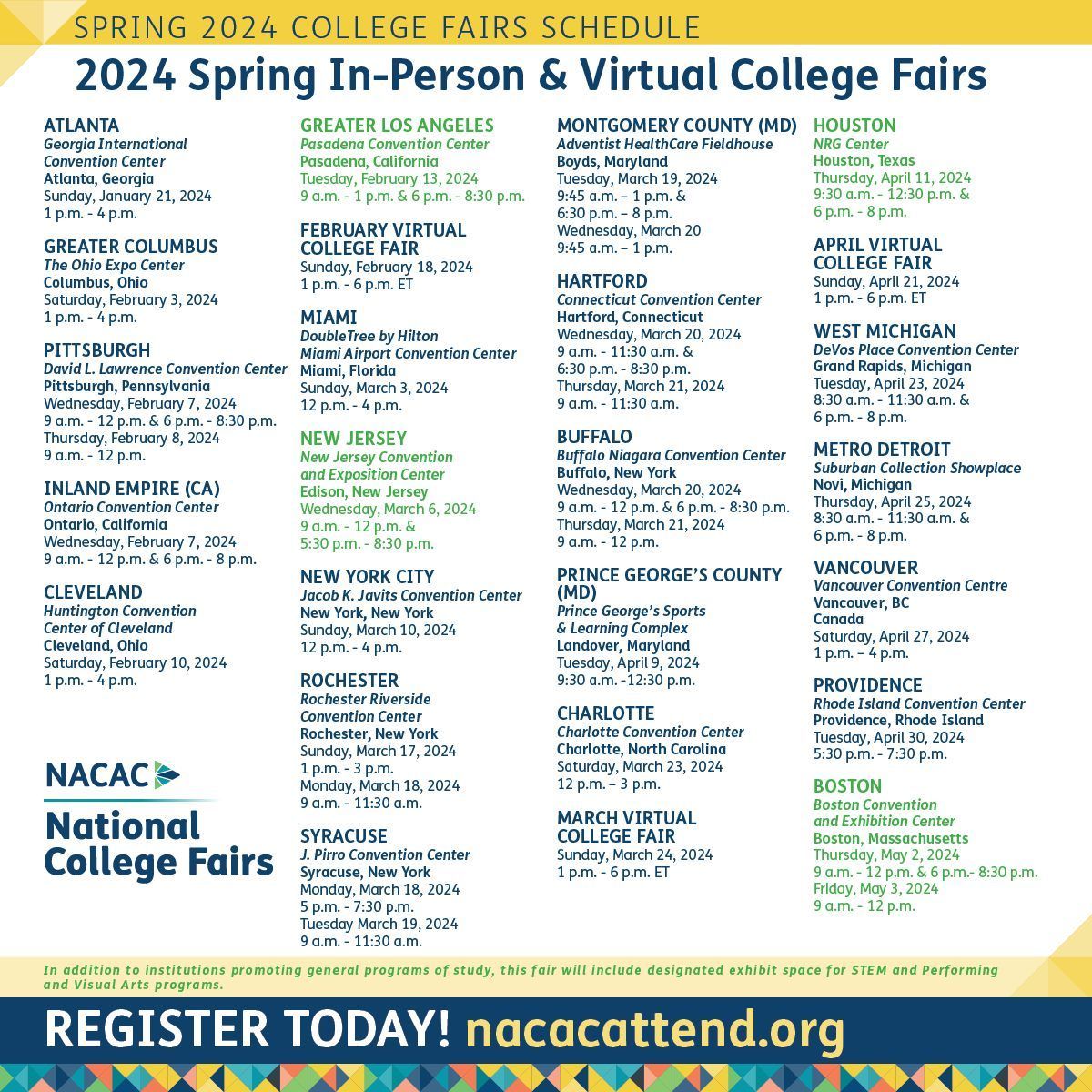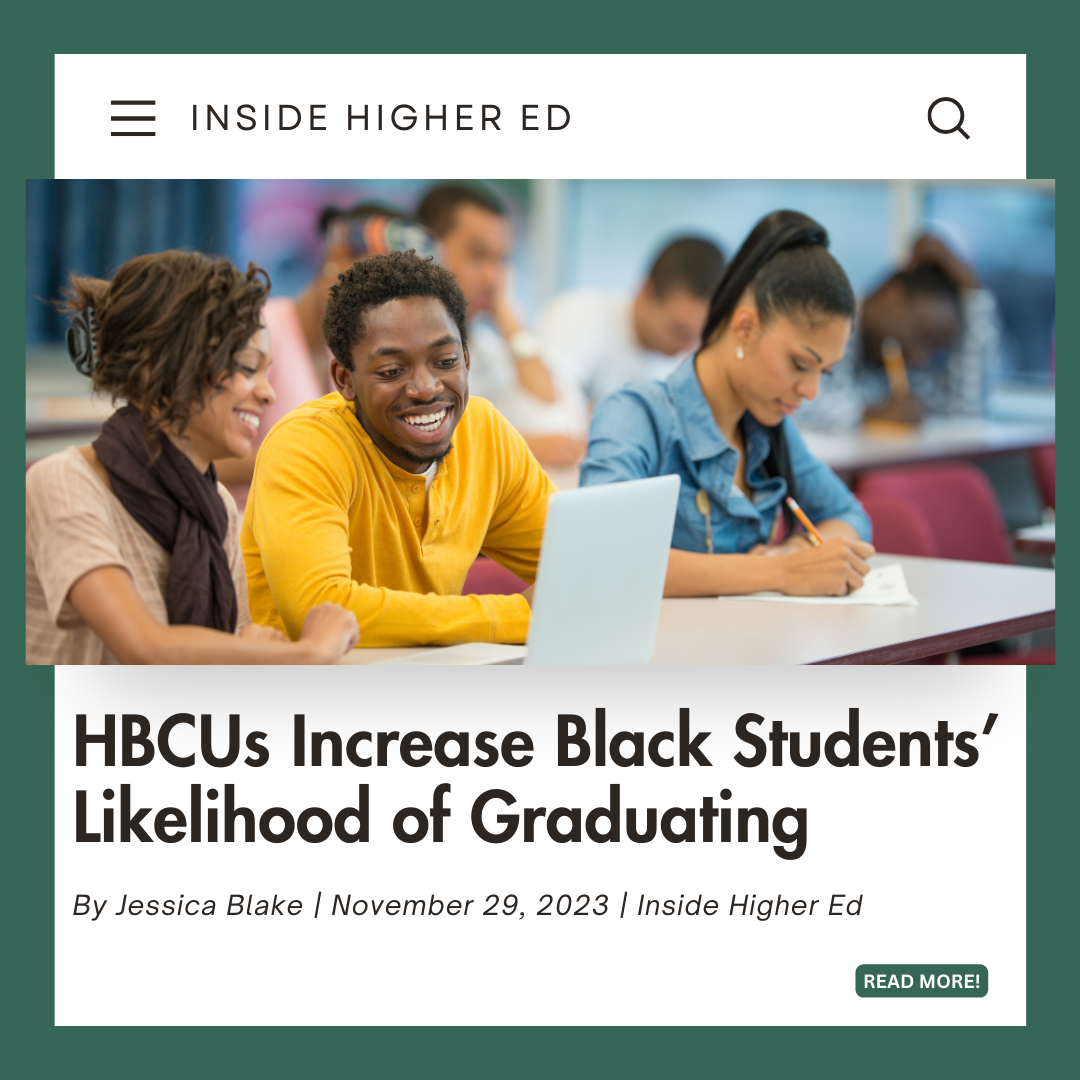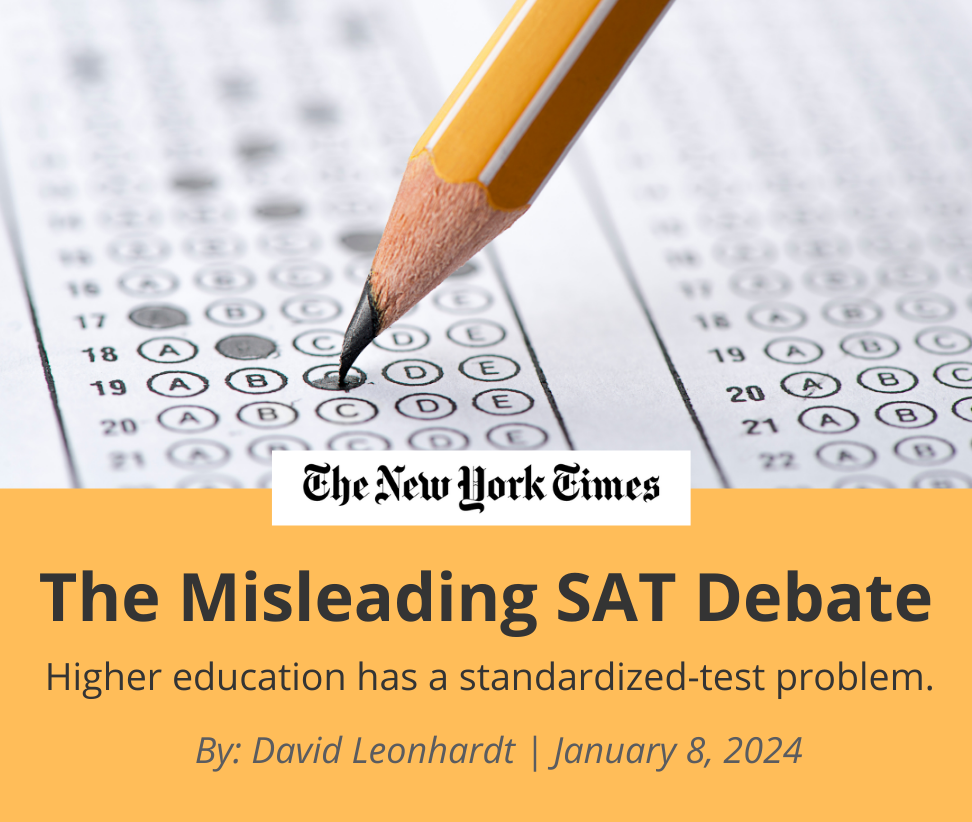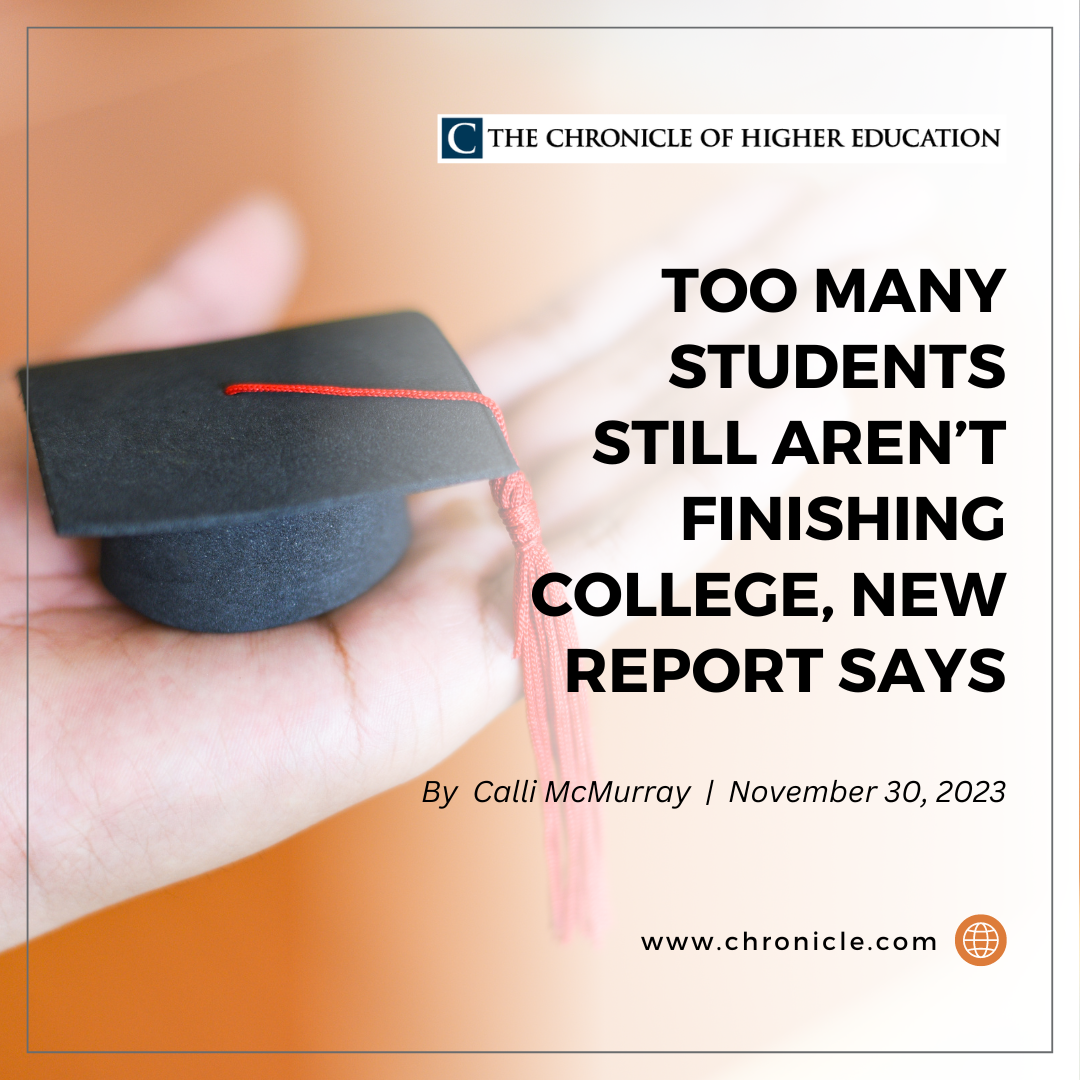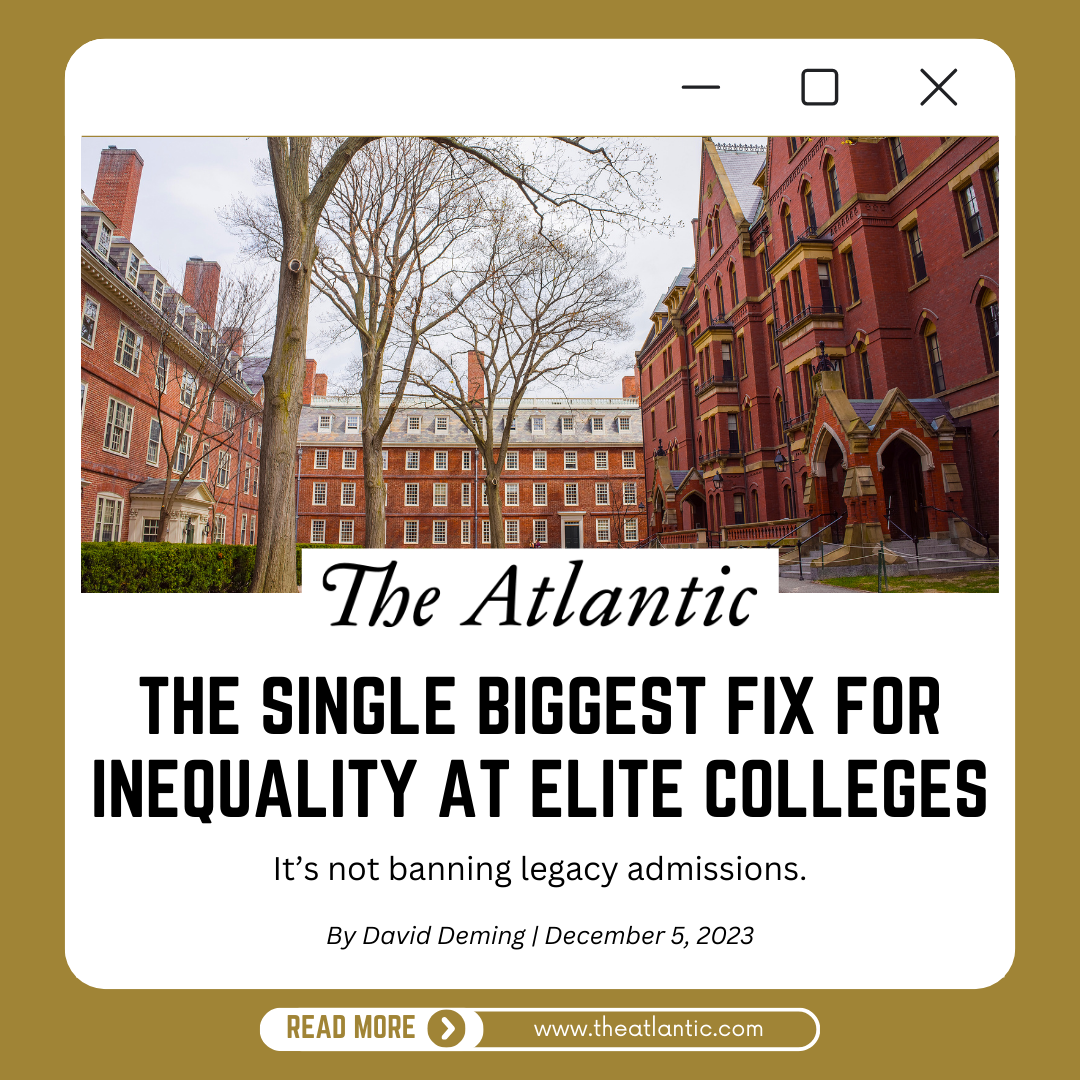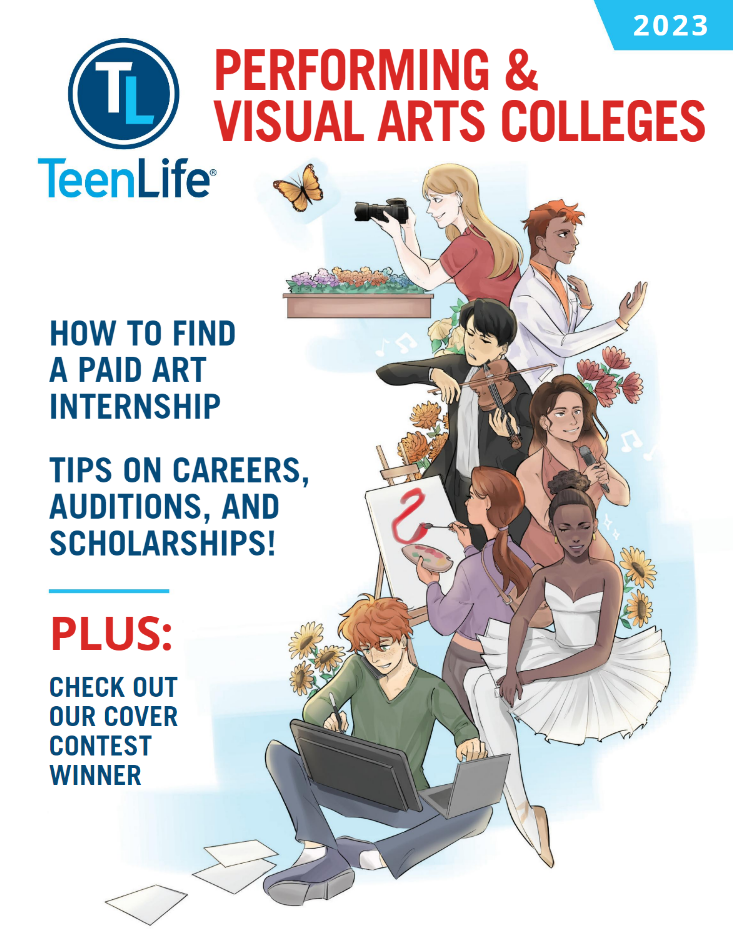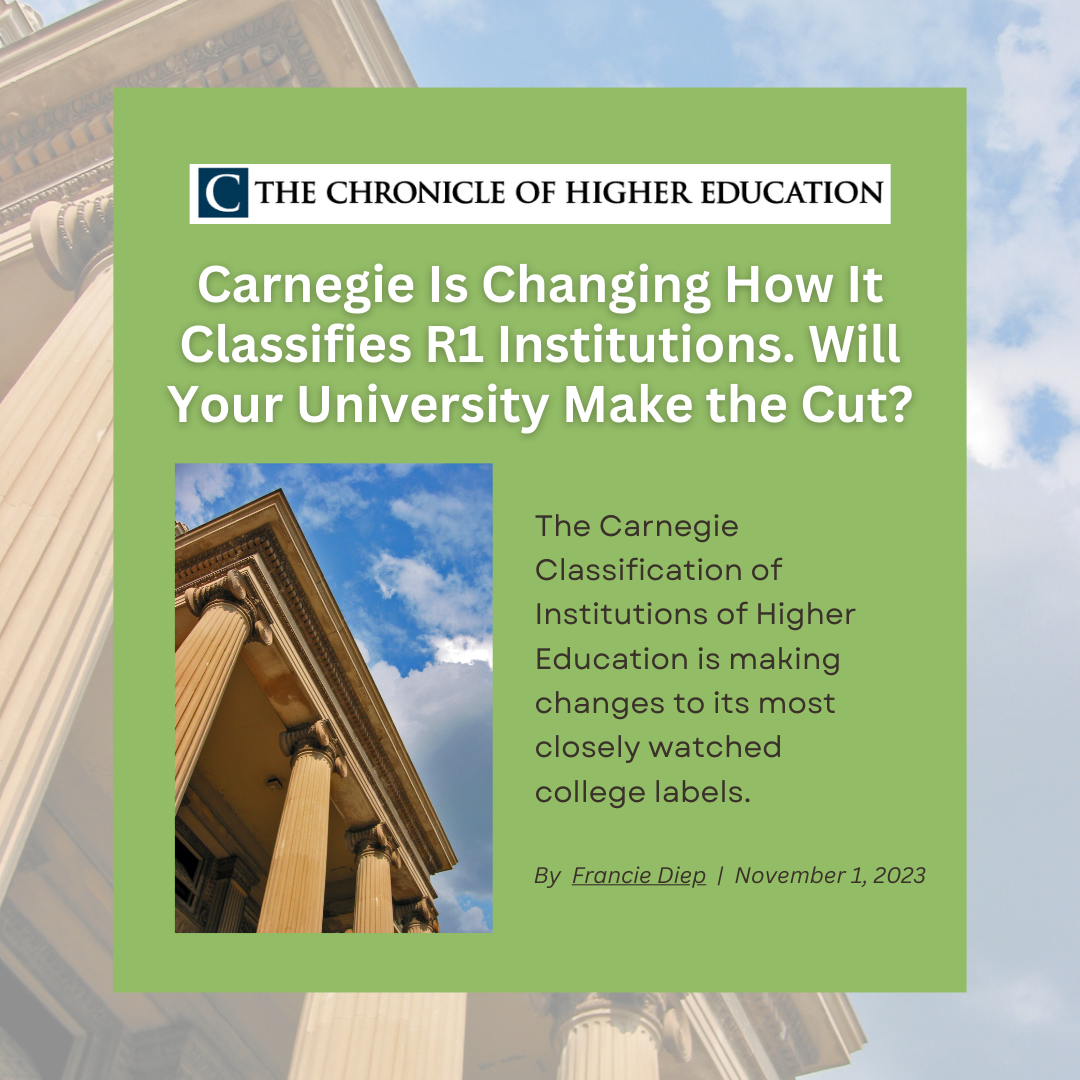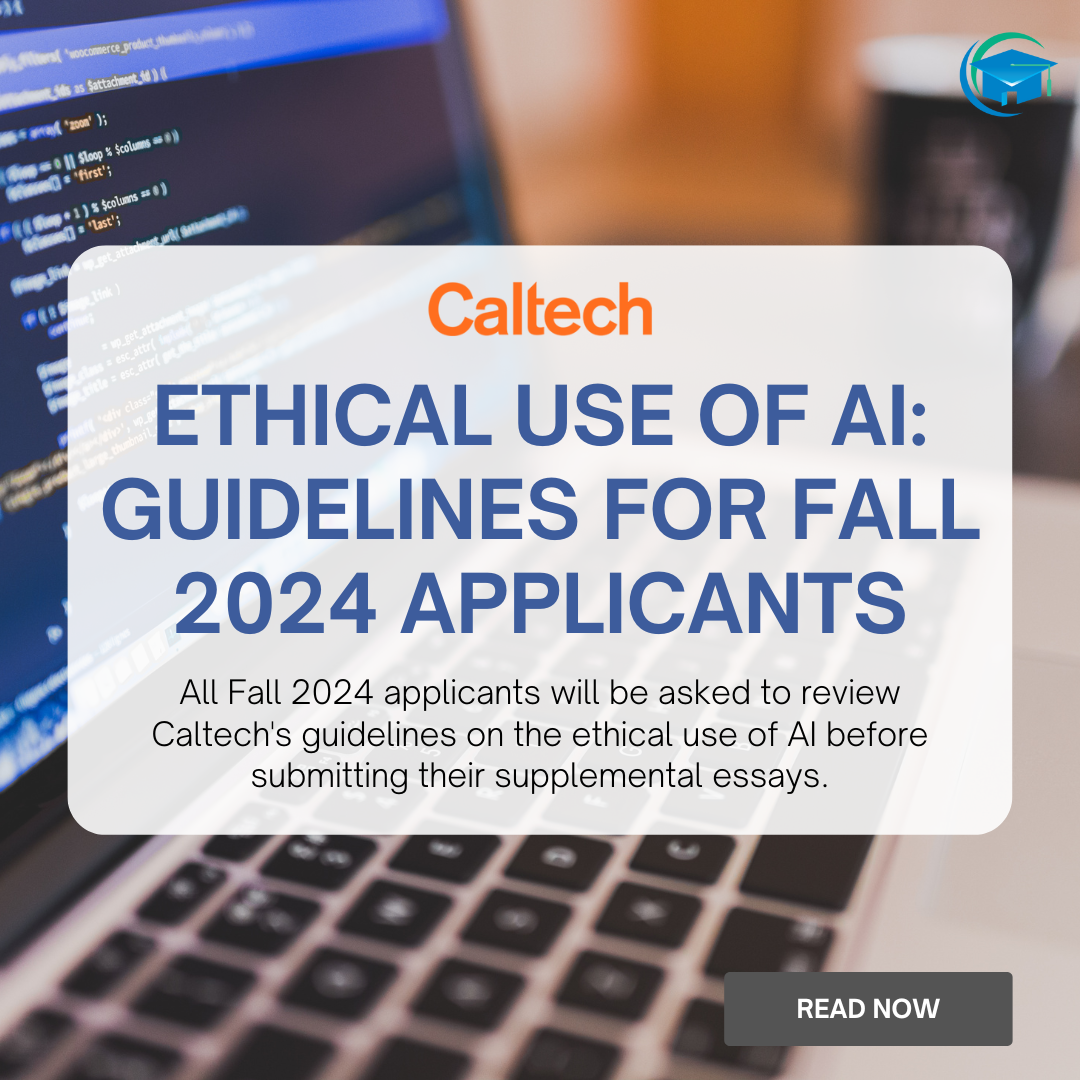College Admissions News
Your Major Matters — But So Does Meaning
A recent Inside Higher Ed article highlights what we tell our students every day: while college graduates continue to earn more overall than those without a degree, the path you choose, and the major you select, can significantly shape your career outcomes.
At Custom College Consulting, we help students go beyond “chasing the money.” The best-fit major is one that aligns with your interests, strengths, and long-term goals — setting you up not just for success, but for fulfillment.
Whether you’re drawn to STEM, business, the humanities, or the arts, understanding how your passions connect to opportunities is what truly makes the difference.
Read the full article from Inside Higher Ed: “In ‘Rocky’ Labor Market, Your College Major Matters”
Then connect with us to explore how we can help you find your best-fit path — from application to admission and beyond.
DEI Across the Country
College fit isn’t just about size, selectivity, or location—it’s also about values.
As families consider where students will thrive, it's more important than ever to understand how state legislation may impact campus culture, curriculum, and support systems.
The Chronicle of Higher Education is tracking bills across the country that would limit or eliminate Diversity, Equity, and Inclusion (DEI) initiatives—affecting everything from admissions and hiring practices to orientation programming and graduation requirements. These shifts may shape how students experience college life, access support, and engage in meaningful dialogue.
At Custom College Consulting, we believe finding the right college goes beyond rankings. It means knowing where a student will feel seen, supported, and challenged to grow.
Explore
The Chronicle’s coverage of this developing issue here:
https://www.chronicle.com/article/here-are-the-states-where-lawmakers-are-seeking-to-ban-colleges-dei-efforts
Want help navigating how these changes could impact your college search?
Schedule a free consultation with us today—we’ll help you find a college that aligns with your goals
and your values.
The Hidden Utility of the Liberal Arts
Liberal arts departments are facing a steep decline, with majors like French, philosophy, and history struggling to attract students. The Chronicle of Higher Education explores this “translation chasm” between perceived and actual career opportunities for these disciplines. As institutions cut programs, experts warn of a broader educational crisis affecting campus diversity and the undergraduate experience.
At Custom College Consulting, we help students navigate these shifting landscapes, ensuring they make informed choices about their academic and career paths.
Read more about this challenge here at
https://www.chronicle.com/article/the-hidden-utility-of-the-liberal-arts
How Will AI Shape Higher Education in 2025?
As generative AI continues to evolve, colleges and universities are facing the challenge of integrating this transformative technology into their missions and operations.
While 2023 focused on concerns about academic integrity, 2024 marked a shift toward adopting AI tools—though according to a recent survey, only 9% of higher education leaders feel prepared for AI’s rise.
Experts predict that AI will be recognized as a critical infrastructure in 2025 and influence teaching, learning, research, and campus life. Personalized AI assistants and adaptive AI tutors, offering round-the-clock support, are expected to enhance education and reduce student stress.
One thing is clear: ignoring AI is no longer an option for higher education.
Read more about this interesting topic in
Katheryn Palmer’s article from Inside Higher Ed for insights and predictions on how AI will reshape higher education in the coming year.
Take a Moment to Say Thanks
As we reflect on the season of gratitude, take a moment to say thanks to those who've supported you—whether it’s a teacher, mentor, or college admissions contact. Thoughtful thank-you notes can leave a lasting impression and strengthen connections.
A recent article by Katie Homar from Inside Higher Ed highlights how thoughtful thank-you messages can strengthen connections, boost well-being, and even enhance leadership skills.
For students planning for college, this is a great time to start building the habit of writing thank-you notes. Whether it’s to a teacher writing your recommendation, an admissions officer you met at a college visit, or even a peer who helped with an essay, these notes are a simple yet impactful way to show appreciation and leave a lasting impression.
Contact us today to learn more about how expressing gratitude can strengthen your college application process and beyond. At Custom College Consulting, we’re here to help you make lasting connections that set you apart!
“Won’t Get Fooled Again” on FAFSA
After last year's chaotic launch of the new Free Application for Federal Student Aid (FAFSA), federal officials promise the next form will be on time and smoother. The previous rollout was delayed by two months, causing significant disruption. Education Secretary Miguel Cardona assured lawmakers the form will be ready by October 1st this year.
However, skepticism remains high among college financial aid professionals. Despite officials claiming they've resolved major issues, many fear a repeat of last year's problems. A coalition of 25 advocacy organizations also urged the department to meet the October deadline.
Stay up-to-date on this year’s FAFSA rollout by reading Liam Knox’s article, which appeared in Inside Higher Ed.
Another ‘Devastating’ FAFSA Delays
Last week, the US Department of Education dropped a bombshell, announcing a significant delay in sending out this year's Free Application for Federal Student Aid (FAFSA) information to colleges. Education Undersecretary James Kvaal revealed plans to start sending batches of FAFSA data to colleges in the first half of March, nearly two months later than initially promised.
The lack of a specific date and guarantee has left college admissions officers, families, and applicants on edge, fearing that crucial information may not reach colleges until April or May. With May 1st traditionally being College Decision Day, this delay tightens the window for applicants to weigh their options for the fall semester
.Get the full scoop on this alarming development in an article featured in Inside Higher Ed on January 31st here.
2024 Spring College Fairs
NACAC's Spring 2024 National College Fairs kick off this month! This is your opportunity to connect with numerous colleges and universities all under one roof.
This year, all fairs will include College MatchMaking™, which allows students to highlight the qualities that matter most to them in a college. They'll receive a tailored email suggesting colleges that align with their criteria. On the day of the fair, students can use this resource to connect with their best matches.
Be sure to
register early, and don’t miss out on this unique opportunity.
HBCUs Increase Black Students’ Likelihood of Graduating
Inside Higher Ed (11/29, Blake) reports a recent study found “that students who initially enrolled at a historically Black college or university (HBCU) were 14.6 percentage points more likely to graduate than their peers who attended a non-HBCU institution or started at a two-year college.” Although enrolling “at an HBCU leads to an average of $12,000 more in outstanding student loan debt by age 30, the report explains that this is likely a result of HBCU students tending to stay enrolled for longer periods of time at HBCUs, which are often more expensive” than the colleges attended by “students who do not enroll in HBCUs.” The report from the Annenberg Institute for School Reform at Brown University was “released earlier this month and is based on an analysis of data from nearly 1.2 million Black students who took the SAT between 2004 and 2010.”
Read more here:
The Standardized Test Debate
In a recent New York Times article (1/8/24), journalist David Leonhardt examines the standardized test debate in higher education. During the pandemic, SAT/ACT requirements were dropped, claiming it to be temporary. However, this test-optional shift poses a challenge for admissions officers trying to predict students' success, as high school grades alone may not be sufficient due to grade inflation.
To read the article in its entirety, visit:
https://www.nytimes.com/2024/01/08/briefing/sats-standardized-tests-college-admission.html
New Report Highlights Persistent College Dropout Rates Among Students
In a recent article appearing in The Chronicle of Higher Education (11/29, McMurray) reflects a concerning trend. According to the latest report from the National Student Clearinghouse Research Center revealed that students earning a college credential within six years have hit a roadblock for the third consecutive year. In fact, of the 2.4 million students who kicked off their college journey in 2017, a whopping one-third left without a credential - that's over 710,000 students!
The data emphasizes that these students aren't just taking longer; many are abandoning their college dreams altogether. For those who started in 2015, only an additional 2.5 percent graduated within seven or eight years, signaling a dropout pattern rather than extended study periods.
To read the article, visit:
https://www.chronicle.com/article/too-many-students-still-arent-finishing-college-new-report-says?sra=true.
The Legacy Admissions Debate Has Intensified, Laying Disparities in Elite College Entry
Recent findings expose a disturbing trend that the top 1% are nearly twice as likely to secure spots in Ivy Plus colleges compared to equally qualified low- or middle-class applicants. The contentious practice of favoring legacy candidates with familial ties faces legal challenges, Department of Education scrutiny, and a bipartisan Senate bill proposing its ban.
However, eliminating legacy admissions alone may not level the playing field. In a recent opinion article in
The Atlantic
(12/5), author David Deming, an economist and professor at the Harvard Kennedy School and the Harvard Graduate School of Education, argues that other avenues of privilege, like athletic recruitment and nonacademic ratings, persist. He suggests that the real solution is demanding admission transparency by publicly disclosing family income. Such transparency, exemplified by using Pell Grant eligibility, can pressure colleges to address economic diversity effectively.
While banning legacy admissions is a starting point, the article emphasizes the need for broader reform. Holding elite universities accountable for economic diversity is essential for meaningful change.
Read the complete article at:
https://www.theatlantic.com/ideas/archive/2023/12/legacy-admissions-inequality-elite-colleges/676233/ and join the conversation on reshaping college admissions!
TeenLife Guide to Performing and Visual Arts is Here!!!
If you're a college-bound teen passionate about performing and visual arts, we have the ultimate guide for you!
In the
TeenLife Guide to Performing and Visual Arts, discover the answers to all your burning questions about pursuing a career in the arts. From uncovering diverse job opportunities to acting auditions and snagging paid art internships, this guide has you covered. Get inspired with articles, real-life stories, and tons of exciting program opportunities—all accessible while you're still in high school!
Check out the guide here:
https://www.teenlife.com/guide-to-performing-visual-arts-colleges/ and paint, sing, act, and dance your way toward an incredible future in the arts!
How Carnegie's New Classifications Are Reshaping Higher Education's Research Landscape
The landscape of higher education is about to undergo a significant transformation! The Carnegie Classification of Institutions of Higher Education is revamping its coveted labels, creating quite a buzz.
The American Council on Education, which is responsible for managing these classifications, is implementing changes that will be effective in 2025. The most attention-grabbing shift? A simplification of the criteria determining an institution's research university caliber.
These factors will distinguish universities as either "doctoral universities - very high research activity" (R1) or "high research activity" (R2). This bold step will streamline the classification process and provide a clearer picture of research capabilities at higher education institutions.
Read more about these new changes in this article from the Journal of Higher Education!
Ethical Use of AI in College Applications
College Applications Just Got Ethical! Many colleges, like Caltech, are now encouraging applicants to prioritize the ethical use of AI in their submissions.
At Custom College Consulting, we embrace this commitment to responsible tech and showcase our integrity!

The 10 Most Represented Colleges on Broadway
The results are in!!! Check out Playbill Magazine's article that shines a spotlight on the "10 Most Represented Colleges on Broadway" for the 2022-2023 season.
From the bright lights of Broadway to your favorite university stages, these talented alumni are making waves. Whether you're an aspiring actor, director, or theater enthusiast, this list is sure to inspire.
Did your alma mater make the cut? Are you rooting for your favorite college's success on the Great White Way? Let us know in the comments!
Read the full article and discover the incredible journey of these theater stars who started on campus and now dazzle on the Broadway stage.
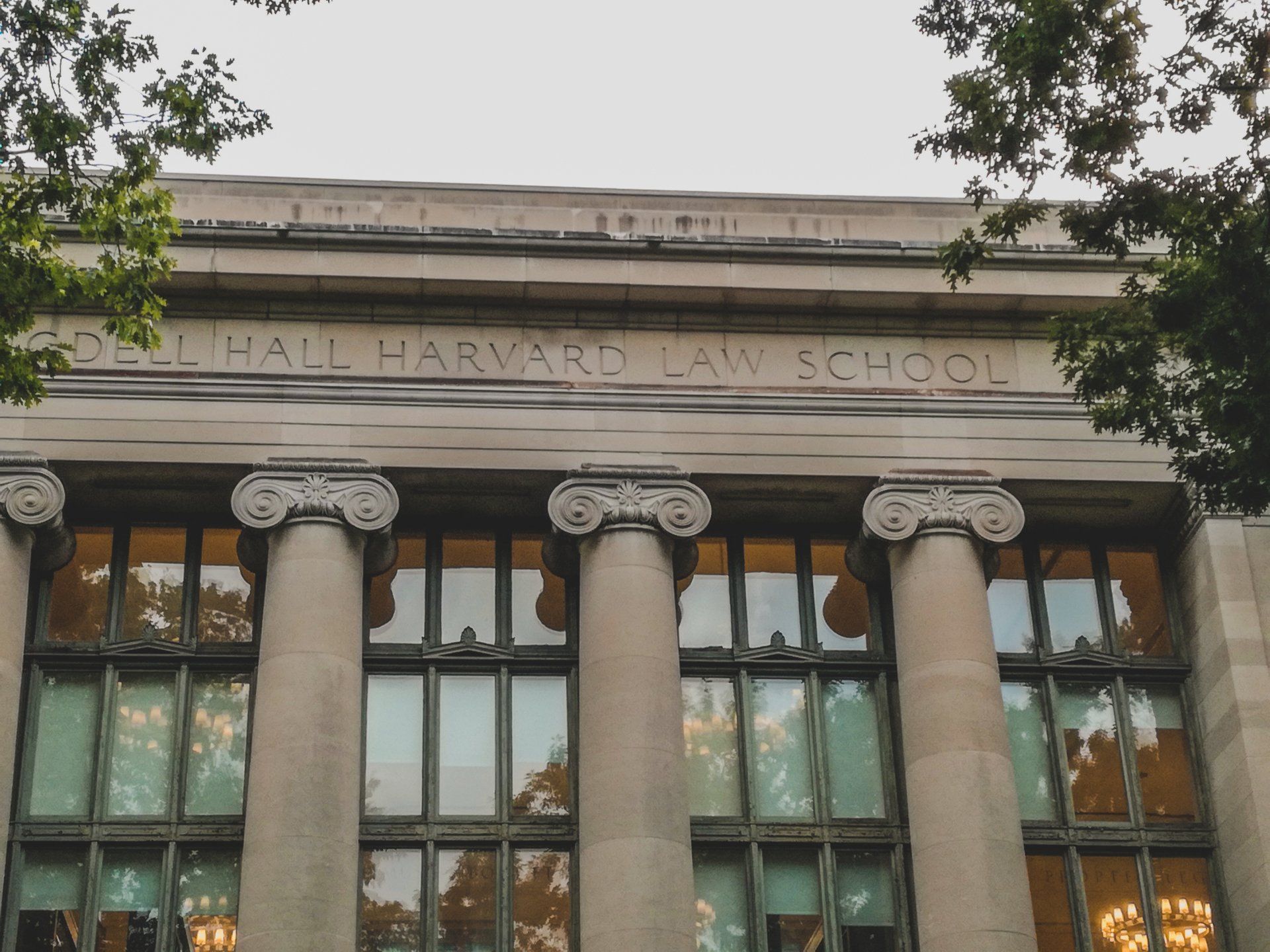
Affirmative action has long been a topic of debate in the context of socioeconomic and racial diversity. However, this article published by NPR puts a fresh spin on this age-old discussion.
By examining the intricacies of legacy admissions and other systemic advantages favoring wealthier families, this piece shines a harsh light on the imbalance that continues to plague our educational system.
Essential reading for anyone invested in education equity, the article prompts us to question and challenge the status quo.!

In a groundbreaking study, researchers have unveiled a startling fact: more than half of all college students in the United States are first-generation students!
This latest report from Diverse Education sheds light on an often-overlooked segment of the student population, highlighting their unique challenges, triumphs, and the crucial role they play in shaping the future of higher education.
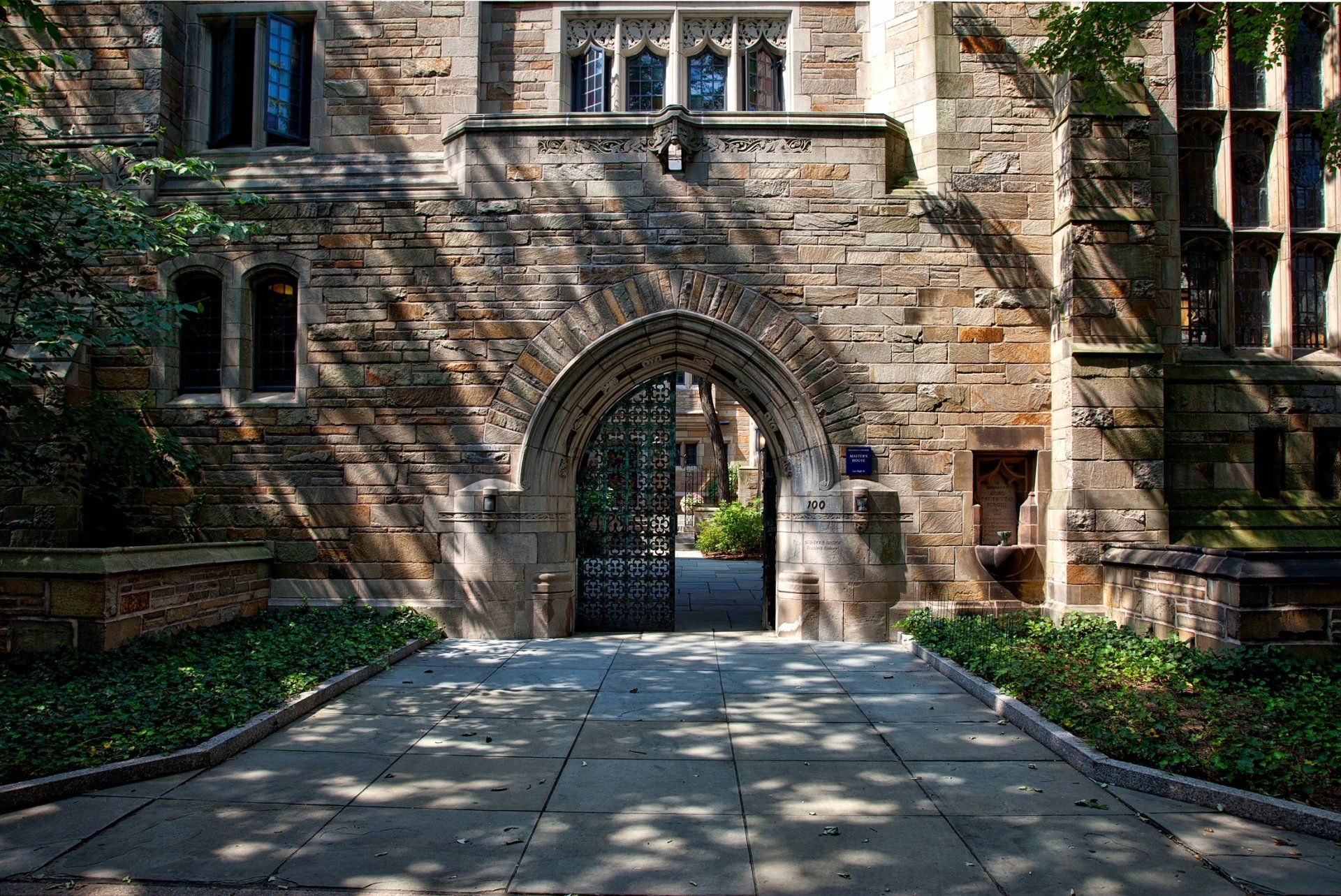
New Study on College Rankings: It’s Not Where You Go To School It’s What You Do When You Get There
Searching for the right college can be overwhelming, but fear not! Our latest article explores a new study on college rankings, shedding light on their significance and implications for students. Gain a deeper understanding of how rankings influence admissions decisions and learn valuable tips for finding the perfect fit.

Education: The Great Equalizer?
Education is often referred to as "the great equalizer," but for youth in the foster care system, many face barriers when trying to access higher education. According to the Century Foundation, every year, approximately 20,000 kids age out of the system, leaving them to fend for themselves as they transition to adulthood.
Within the next four years, "70% of foster youth will be on government assistance, 25% will not have completed high school, (and) 50% will have no earnings."
But some states are trying to support college-bound former-foster kids by expanding support to foster kids in college.

Why College Applications Get Rejected
Deadlines for college applications are right around the corner. With so many college-bound seniors applying to the colleges of their dreams, this process has become even more challenging. Due to a surge in applications, college admissions officers are having a tough time deciding which students to admit.
In a recent article by US News & World Report, industry insiders discuss how applicants can improve their chances of being accepted. Some of the most common reasons students aren’t making the cut include: failure to meet test scores or GPA requirements, insufficient academic rigor, application essay errors, overall competition, and poor fit.
The students are learning the hard way that college planning begins long before senior year. But why wait until it is too late to learn what colleges and universities are looking for in an ideal candidate?
At Custom College Consulting, we work with college-bound students beginning as early as freshman year to know what to expect. We help create the path your teen needs to be able to reach their goals while also identifying areas of concern before they become problematic in the future.
By focusing on your teen's interests and strengths, we look at the bigger picture and can help your student find the “best fit” school for their college experience. Finding the best colleges for them and their needs helps these students break through the rest and show why this is where they belong.
Are you ready to start this journey together? We can’t wait to help you! Visit the Custom College Consulting site today, and let’s create the pathway your student needs.
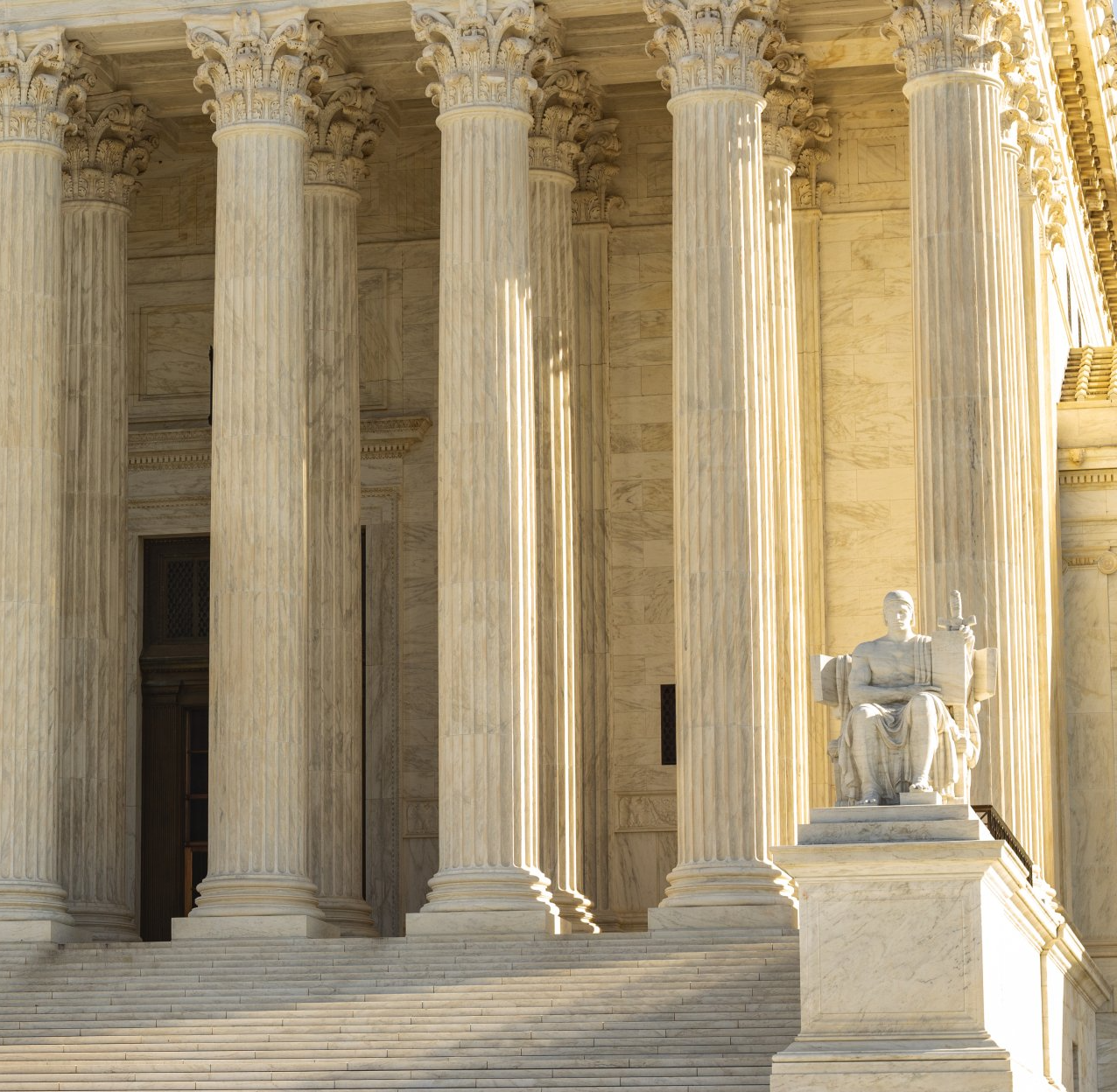
The end of affirmative action?
Now that we are at the height of college application season, this could be the last year that the practice of affirmative action will be allowed in the decision process. The US Supreme Court has been leaning toward ending using race as a factor in college admissions programs which was first established in 1978 in Regents of the University of California v. Bakke.
The two cases currently before the Court share the question: Does any consideration of race in the college admissions process constitute a violation of the Equal Protection Clause? In both cases, the plaintiffs say schools discriminate against white and Asian American applicants during the admissions process by taking race into account. This decision will likely decrease the amount of African American, Hispanic, and Native American applicants accepted to highly selective universities.
What does this mean for higher education as a whole? If passed, it will directly affect the diverse makeup of many colleges in the US. The article below provides insight into how the Justices may think, including Justice Elena Kagan. She “spoke passionately about why diversity is important and noted that the schools are the “pipelines” to leadership and if they are not racially diverse, other areas in business or the military would also lack diversity.”

The Student Debt Relief Plan
President Joe Biden made history on Wednesday by announcing a sweeping new plan that will cancel $10,000-$20,000 of federal student loan debt. Regardless of what side you may take on the issue, this new directive is certainly welcome news to the many Americans who have been swimming in student debt.
While White House officials admit that too many unknowns still exist to calculate the total cost of the plan, here is what we do know:
-Borrowers who hold loans with the Department of Education and make less than $125,000 are eligible for the loan forgiveness program.
Non-Pell recipients are eligible for $10,000 in loan forgiveness, and Pell recipients can receive up to $20,000 (27 million borrowers qualify in this group alone).
-Loans must originate prior to July 2022 to qualify.
-Current students are eligible as long as their parents meet the income threshold.
-Graduate loans and Parent PLUS loans are also eligible.
-Once loan repayment resumes, following the pause implemented during the Pandemic, they will be capped at 5% of the borrower’s monthly gross income.

Mental Health Checklist
The New York Times's recent article highlights the importance of creating a “Mental Health Checklist” before the nearly three million incoming freshmen set foot on campus this fall.
According to the article, the CDC noted that “more than one in three high school students experienced persistent feelings of sadness and hopelessness in 2019.” This is a 40% increase in a decade!
Therefore experts encourage families to be proactive and create a mental health plan before a student transitions to college. Universities and colleges have many resources that students can take advantage of, but it is critical not to wait for a crisis to know where students can access such services.


